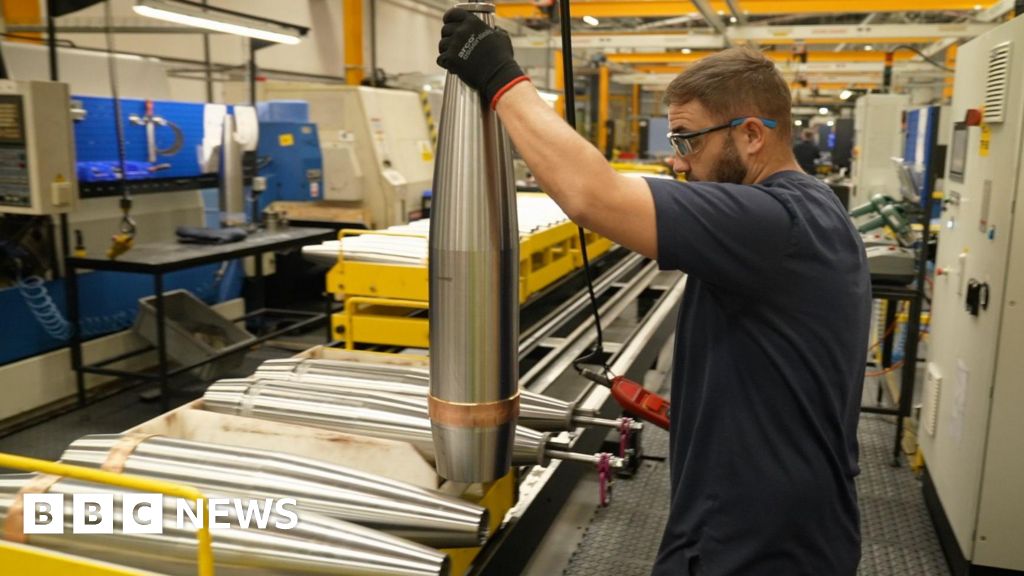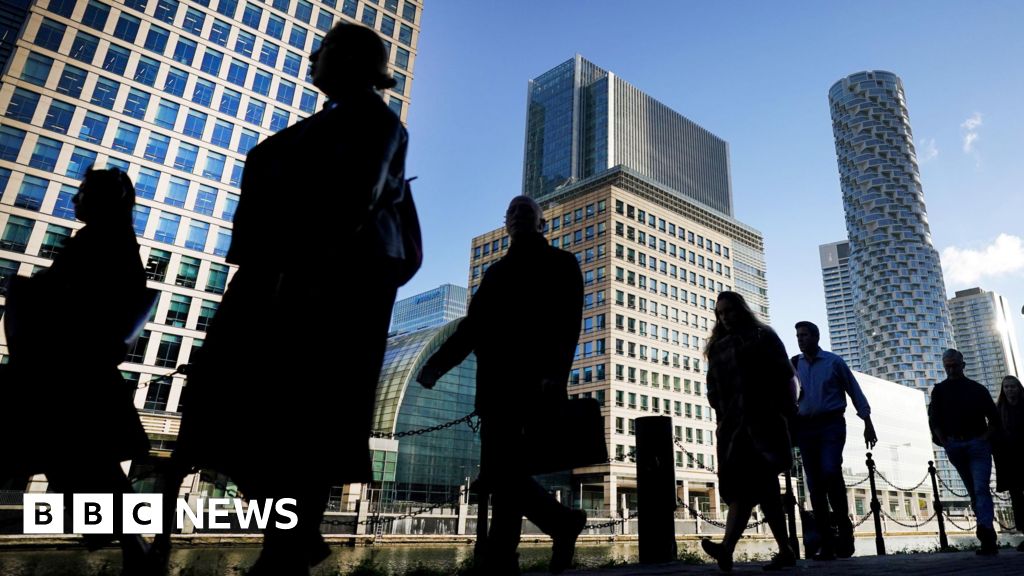ARTICLE AD BOX
By George Bowden
BBC News
The Army could begin delivering fuel by the end of the week - as Boris Johnson reassures drivers about supplies.
Mr Johnson said the fuel situation was "improving" and people should be "confident" to go about their business, after days of queues and pump closures.
A decision on whether to deploy military tanker drivers has yet to be taken but about 150 will now get ready.
The PM said he would not seek to prioritise essential workers at the pumps because things are "stabilising".
Labour said the government had let the country "crash from crisis to crisis" - with leader Sir Keir Starmer expected to highlight the issue in a key conference speech later.
Speaking for the first time since issues began at filling stations, Mr Johnson said he sympathised with people who had been unable to get fuel over recent days, calling it "frustrating and infuriating".
"What we're hearing from the industry is the situation at forecourts is stabilising," he said.
Fuel supplies are plentiful at refineries but a shortage of tanker drivers caused problems with deliveries to a small number of filling stations last week.
Reports of pumps running dry at some garages then subsequently led to a surge in demand.
A government source confirmed reports that 16% of all petrol stations were now fully supplied with fuel, compared to 10% at the weekend during some of the worst of the fuel rush.
The source said that 40% of petrol stations being fully supplied was a more normal figure before demand spiked.
The Petrol Retailers Association (PRA) said there were "early signs" the pressure was starting to ease at the pumps.
The PRA, which represents nearly 5,500 of the UK's 8,000 stations, said about 37% of its sites had run out of fuel - compared with two-thirds being without on Sunday.
Sainsbury's, which has 315 filling stations, said it was still "experiencing high demand for fuel" and that "all our sites continue to receive fuel".
image source, PA Media
image caption, The situation is stabilising, according to Boris Johnson, though queues were seen in Barton, Cambridgeshire, on TuesdayA hypothetical analysis by BBC Two's Newsnight estimated that it would take around eight days for every vehicle in the UK to fill up under current higher levels of demand.
With the crisis having started five days ago, some experts are predicting that the balance between demand and supply could even out by Saturday.
Brian Madderson, chairman of the PRA, said: "Potentially, we could reach a point of some equilibrium between supply and demand towards this weekend."
But The Times reported industry sources as saying disruption could "continue for weeks" because of the time it will take to restock petrol stations.
More on the lorry driver shortage
The UK is estimated to be short of more than 100,000 lorry drivers - causing problems for a range of industries, including food suppliers and supermarkets, in recent months.
The prime minister said panic buying of petrol followed a "slightly misleading" account of the shortages of lorry drivers which caused an "understandable surge in public demand".
He said: "The actual number of lorry drivers that we're short in that particular sector isn't very big. But generally there is a shortage in that profession around the world."
Mr Johnson said the government was taking action to ensure there were enough deliveries in all industries during the run-up to Christmas.
"What we want to do is to make sure we have the preparations necessary to get through to Christmas and beyond, not just in the supply of our petrol stations but all parts of our supply chain," he said.
There are concerns from some care organisations that vulnerable service users could be left without their usual help if the crisis does not ease.
Emma Voglemann who lives in south Cambridgeshire said that, without the 24-hour help from her team of five carers, her "situation is life-threatening".
Care assistant Jenny Irons, who works in Clacton, Essex, with end-of-life patients, said it was frustrating to see people top up their cars, then get out four or five jerry cans to fill up those too.
Education union NASUWT called for teachers to be prioritised to safeguard children's schooling in some rural areas.
Meanwhile, police forces and garage owners have warned about chaotic scenes and even violence at some forecourts.
Paul Cheema, who runs an independent filling station in Coventry, said his staff had experienced abuse last weekend as they tried to enforce a £15 limit on fuel sales.
Footage taken in Welling, south east London, showed a man brandish what appeared to be a knife during an altercation in a forecourt queue.
Police in Derbyshire said two men were being sought for threatening an officer after drivers queued for several hours outside a petrol station without realising it was closed.
And the owner of a petrol station in Bunny, Nottinghamshire, that has seen queues as long as two miles, said one customer spent just £1.60 to keep their car tank full to the brim.
How have you been affected by the fuel crisis? Share your experiences by emailing haveyoursay@bbc.co.uk.
Please include a contact number if you are willing to speak to a BBC journalist. You can also get in touch in the following ways:
If you are reading this page and can't see the form you will need to visit the mobile version of the BBC website to submit your question or comment or you can email us at HaveYourSay@bbc.co.uk. Please include your name, age and location with any submission.

 3 years ago
62
3 years ago
62








 English (US) ·
English (US) ·